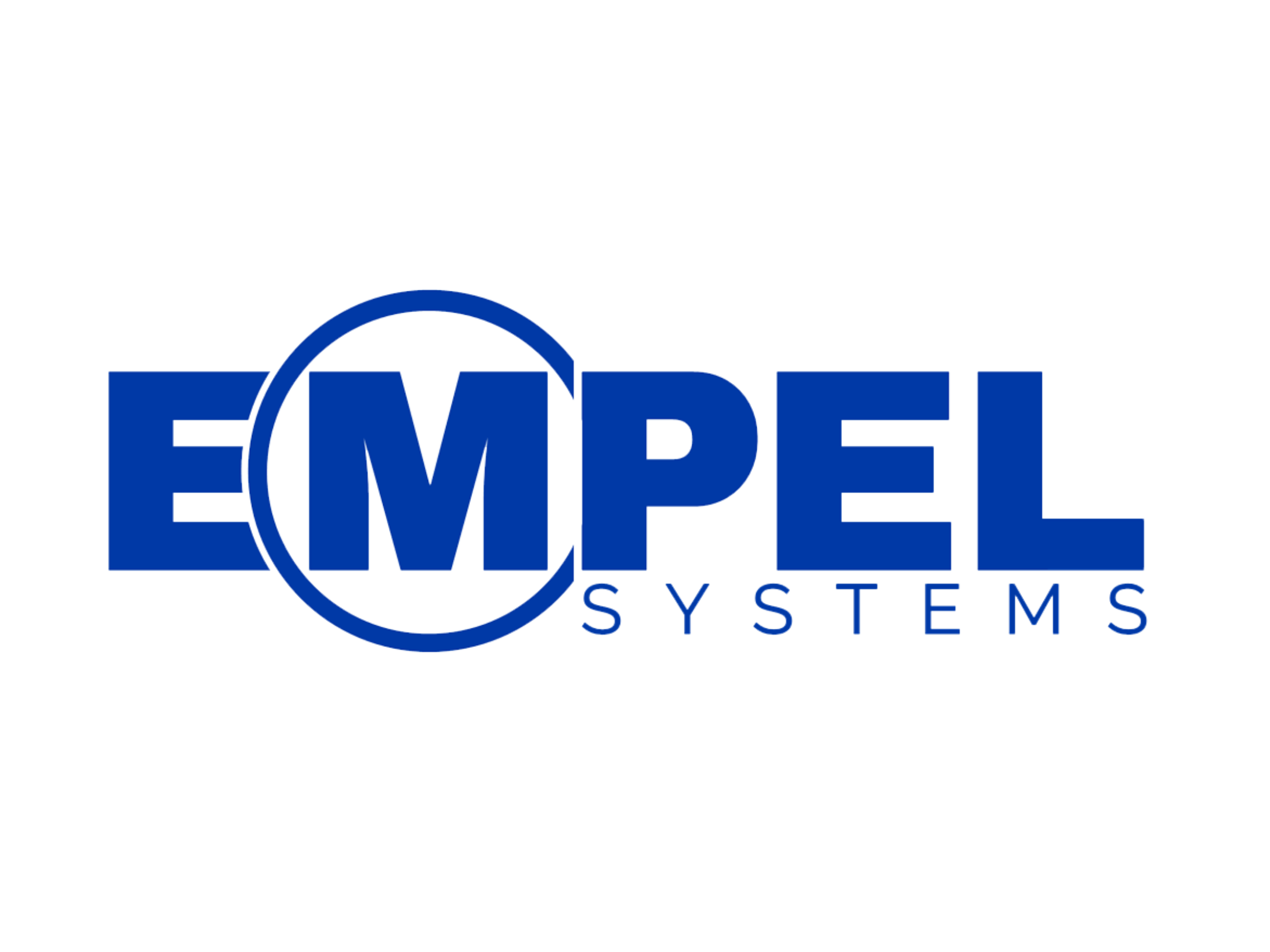Since its founding, EMPEL Systems, a leading UK manufacturer of electric propulsion technologies, has invested heavily in Ansys computer-aided engineering software (CAE) to aid in the development of its state-of-the-art propulsion systems. The investment over the past three years is providing significant assistance to the development of EMPEL advanced electric motors and power electronic systems, along with the multi-physics challenges these productions bring, such as electromagnetics, thermal-transfer, mechanical interactions, and rotor-dynamics disciplines.
With the Ansys Workbench, the EMPEL CAE team are now able to operate computer-aided design (CAD) along with physics simulations and post-processing all in one place. Complimented by EMPEL’s own in-house analysis tools, Ansys addresses all aspects of system performance, including:
- Electromagnetics analysis
- Linear and non-linear mechanical finite element analysis (FEA)
- Heat transfer
- Fluid Flow (Ansys Fluent)
- Electronics thermal performance simulation
- System reliability and robustness
- Dynamic modelling
Electromagnetics analysis is at the heart of EMPEL’s product development system. Using MotorCAD and Maxwell packages within the Ansys Workbench allows for fast and accurate 2D and 3D simulation of all variants across the EMPEL range, from small EM75 compressor motors to the company’s largest EM300 traction motor-generators for vehicle propulsion and advanced applications. Furthermore, EMPEL utilises Ansys optiSLang to automate simulation toolchains and study the effects of thousands of design variations at once, such as multi-factorial design exploration, optimisation, robustness, and reliability analysis. Ansys CAE allows for faster identification of design combinations that benefits meeting our customer objectives.
In addition, the application of Ansys Mechanical FEA enables detailed analysis for a wide range of thermo-mechanical FEA issues, such as motor housing stresses, inverter power electronic heat transfer, and vibration behaviour in the elements of propulsion systems.
Throughout 2020 and 2021, EMPEL has invested over 5000 hours of analytical and design resources into its cooling system design, critical to achieving high levels of continuous torque or power. With the use of Ansys Fluent—the industry-leading fluid simulation software—EMPEL has created a cooling package that has met the needs of its motor and inverter systems, outperforming industry benchmarks by a significant degree.
EMPEL Co-Founder and Director, Jason King, says: “EMPEL Systems has greatly benefitted from its investment of the Ansys range of CAE software, boosting speeds of production and streamlining design challenges. All these benefits translate directly to customer satisfaction, which we strive to ensure with each of our services.”

